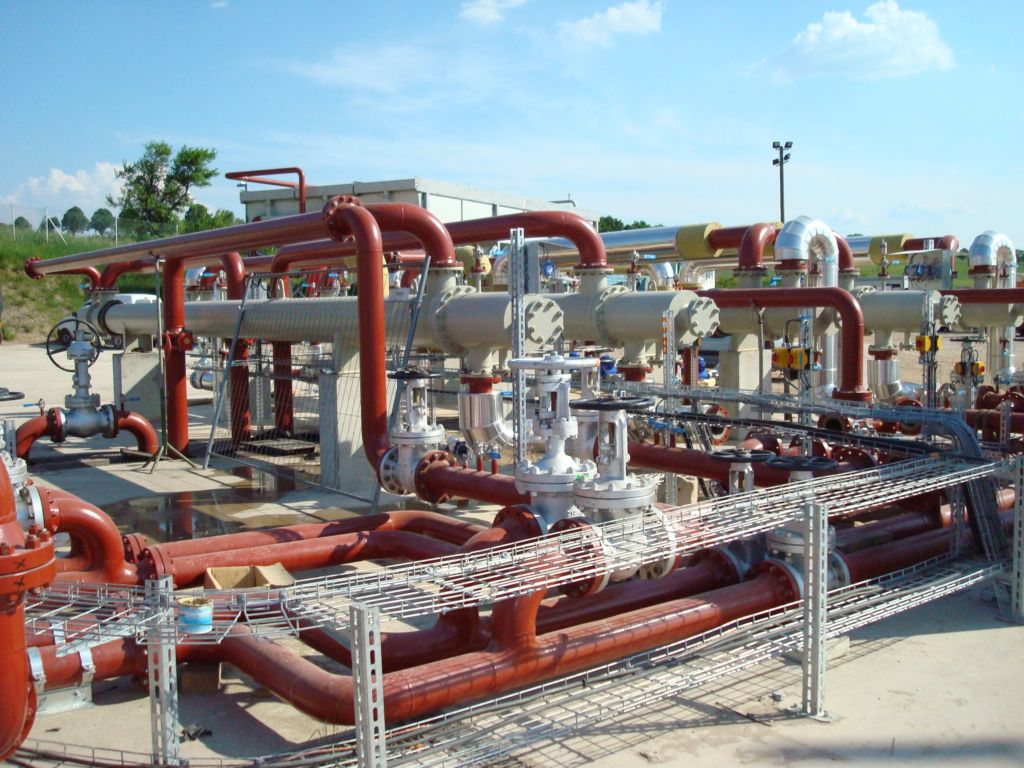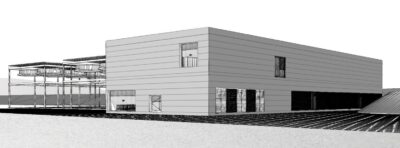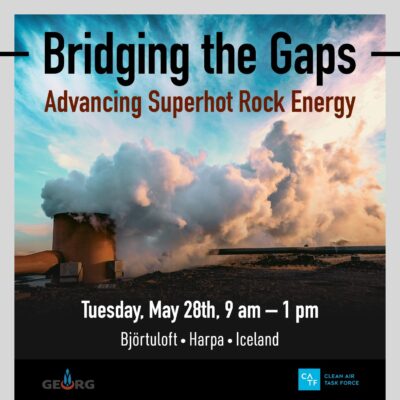Thomas Kölbel of utility EnBW on Enhanced Geothermal Systems
German utility EnBW actively looks Enhanced Geothermal Systems and considers it as an attractive energy option given the possible application in regions without conventional geothermal resources.
ThinkGeoEnergy follows the upcoming International Conference on Enhanced Geothermal Systems (ICEGS 2012) to take place in Freiburg, Germany on May 25, 2012. As part of the conference I was able to speak with Dr. Thomas Kölbel, Senior Manager at German utility EnBW. He will be speaking at the conference on the cost of power generation from geothermal in the context of EGS.
EnBW is a large power utility in Germany. Does EnbW see geothermal energy as an active part of its business and if so where is EnBW active in the sector?
EGS is a classical research and development topic for EGS. Conventional hydrothermal plants have already been able to be economically viable, particularly around the city of Munich in Southern Germany.
The focus of EnbW though lies though on the Upper Rhine Valley in the South-West of Germany, but the company also follows closely international activities in this segment.
EGS is often described as the great future for the geothermal sector. How does EnBW look at EGS?
As it allows the utilization of geothermal energy independent of geological conditions, EGS is very attractive for EnBW. Therefore EnBW not only looks at EGS for potential deployment, but actively participates in the development of the technology at the project of Soultz.
EGS is still considered too costly for wider application. What do you consider as the key cost elements for EGS projects?
In reality EGS are technically not much more expensive than conventional hydrothermal projects. An additional cost factor is only the hydraulic stimulation. The further deployment and development of EGS projects is therefore less dependent on needed investments rather than social acceptance. Therefore, EnBW puts a strong effort on his particular topic. An example is the project by the European Union called GEOLEC, but also several initiatives by the German Federal Ministry for the Environment that EnBW participates in.
When do you think will the first commercial EGS project produce geothermal power successfully ?
The economic success of EGS projects depends particularly on the local geology. In regions with great conditions, EGS can already today provide a considerable contribution to the profitability of a geothermal power plant. In this context classic steam resources come to mind.
Today, low enthalpy regions, typical for central Europe, already provide an economical application of EGS technology for the distribution of geothermal heat depending on local conditions, such as the existence of a heat distribution infrastructure. This is based on research by the University of Stuttgart and EnBW.
For the generation of power from EGS projects though, particular frameworks such as incentive schemes in the form of e.g. the Feed-in-Tariff system in Germany, are a crucial prerequisite.
EGS technologies can also be applied to conventional projects, e.g. to help stimulate dry wells. How do you see the chances for EGS in this context for the next few years?
Personally, I don´t see EGS as a “plan B” for conventional geothermal projects. Realistically, EGS projects require much higher planning effort, such as the specific technical determination of the geological prerequisites and the corresponding drilling. Therefore I don´t believe an upgrade from conventional to EGS will be successful.
What markets will be the fastest in the application of EGS technology?
Nations with a high demand for energy from renewable sources are likely to be the first, as intermediate results of the GEOLEC project by the EU show. I also think that EGS technology will be applied increasingly for efficiency increases in regions with natural steam resources.
What position has Germany when it comes to EGS?
From an early time on, Germany has supported the demonstration project in Soultz, with scientists, but also through financial support by the German federal government and various utilities such as EnBW. The experience gained from the project guarantee a considerable know-how advantage.
It is therefore not surprising that the team of Soultz is sought-after for international conferences and meetings.


















